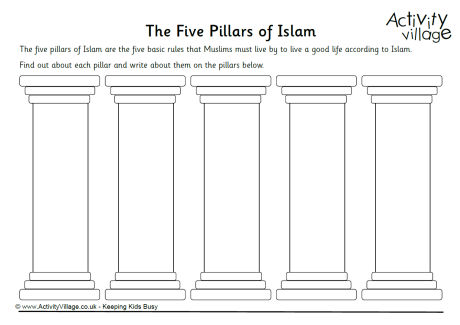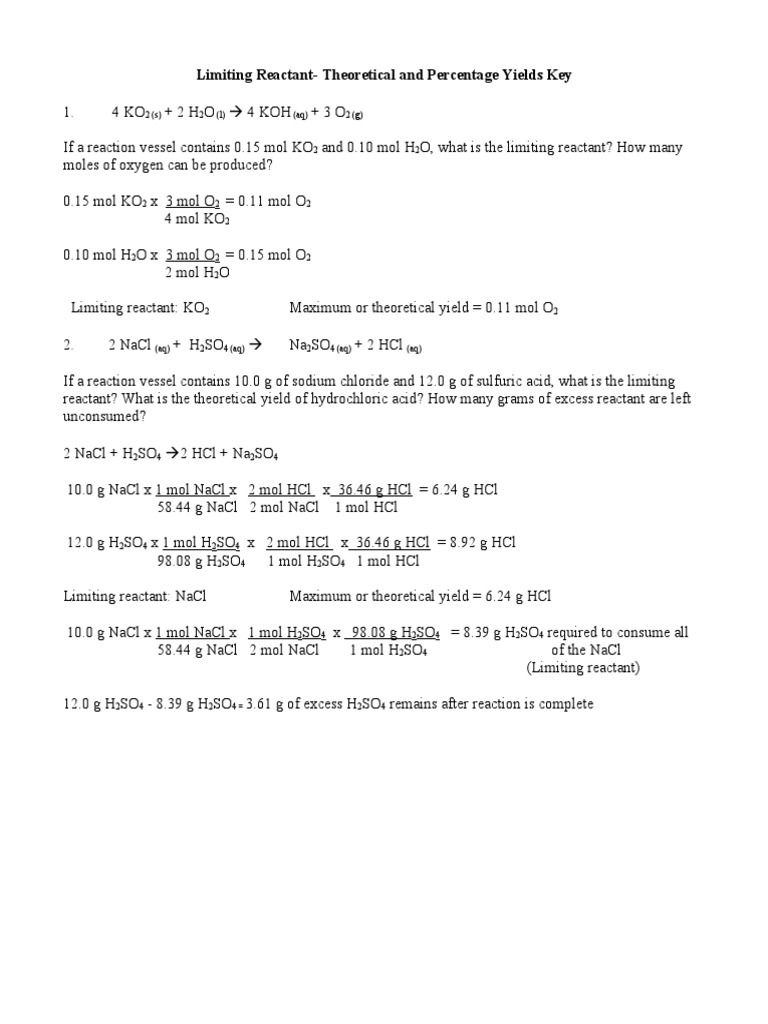5 Pillars of Islam Explained

Introduction to the 5 Pillars of Islam
The 5 Pillars of Islam are the fundamental practices of the Islamic faith, and they are observed by Muslims all around the world. These pillars are the foundation of a Muslim’s faith and practice, and they are considered essential for a person to be considered a true Muslim. In this article, we will explore each of the 5 Pillars of Islam, what they entail, and why they are important.
1. Shahada: Declaration of Faith
The first pillar of Islam is the Shahada, which is the declaration of faith. This is a statement that is recited by Muslims to affirm their faith in one God (Allah) and in the Prophet Muhammad as His messenger. The Shahada is:
“La ilaha illallah, Muhammadur rasulullah”
Translated to English, this means: “There is no god but Allah, and Muhammad is the messenger of Allah.”
Reciting the Shahada is a declaration of a person’s faith and is considered a fundamental aspect of being a Muslim. It is recited during the daily prayers, and it is also recited when a person converts to Islam.
2. Salat: Prayer
The second pillar of Islam is Salat, which is prayer. Muslims are required to perform five daily prayers, which are:
- Fajr: dawn prayer
- Dhuhr: noon prayer
- Asr: afternoon prayer
- Maghrib: sunset prayer
- Isha: night prayer
Each prayer consists of a series of physical movements, including standing, bowing, and prostrating, as well as reciting certain verses from the Quran. Muslims are also required to perform a ritual ablution before each prayer to purify themselves.
3. Zakat: Charity
The third pillar of Islam is Zakat, which is charity. Muslims are required to give a portion of their wealth to those in need. This can be done through a variety of means, including donating to charitable organizations or giving directly to individuals.
The amount of Zakat that a person is required to give is typically 2.5% of their excess wealth, although this can vary depending on the individual’s circumstances. Zakat is considered an act of worship and is seen as a way of purifying one’s wealth and soul.
4. Sawm: Fasting
The fourth pillar of Islam is Sawm, which is fasting. Muslims are required to fast during the month of Ramadan, which is the ninth month of the Islamic calendar. During this time, Muslims abstain from food and drink from dawn to sunset.
Fasting is considered a way of developing self-control and empathy for those who are less fortunate. It is also seen as a way of purifying the soul and developing a stronger connection with God.
5. Hajj: Pilgrimage
The fifth pillar of Islam is Hajj, which is the pilgrimage to Mecca. Muslims are required to make the pilgrimage to Mecca at least once in their lifetime, if they are physically and financially able.
During the Hajj, pilgrims perform a series of rituals, including circling the Kaaba (a sacred building in Mecca) and walking between two hills. The Hajj is considered a once-in-a-lifetime experience and is seen as a way of strengthening one’s faith and connection with God.
🔍 Note: The Hajj is only obligatory for those who are physically and financially able. Those who are unable to make the pilgrimage due to illness or financial constraints are exempt.

| Pillar of Islam | Description |
|---|---|
| Shahada | Declaration of faith in one God and the Prophet Muhammad |
| Salat | Five daily prayers to connect with God |
| Zakat | Charity to help those in need and purify one's wealth |
| Sawm | Fasting during Ramadan to develop self-control and empathy |
| Hajj | Pilgrimage to Mecca to strengthen one's faith and connection with God |
In conclusion, the 5 Pillars of Islam are the foundation of the Islamic faith and practice. They provide a framework for Muslims to connect with God, develop self-control, and help those in need. By observing these pillars, Muslims can strengthen their faith and achieve a sense of purpose and fulfillment.
What is the Shahada?
+The Shahada is the declaration of faith in one God (Allah) and in the Prophet Muhammad as His messenger.
How many daily prayers are Muslims required to perform?
+Muslims are required to perform five daily prayers: Fajr, Dhuhr, Asr, Maghrib, and Isha.
What is the purpose of the Hajj?
+The Hajj is a pilgrimage to Mecca that is intended to strengthen one’s faith and connection with God.
Related Terms:
- 5 Pillars of Islam printable
- Five Pillars of Islam Activity
- 5 pillars of Islam images



